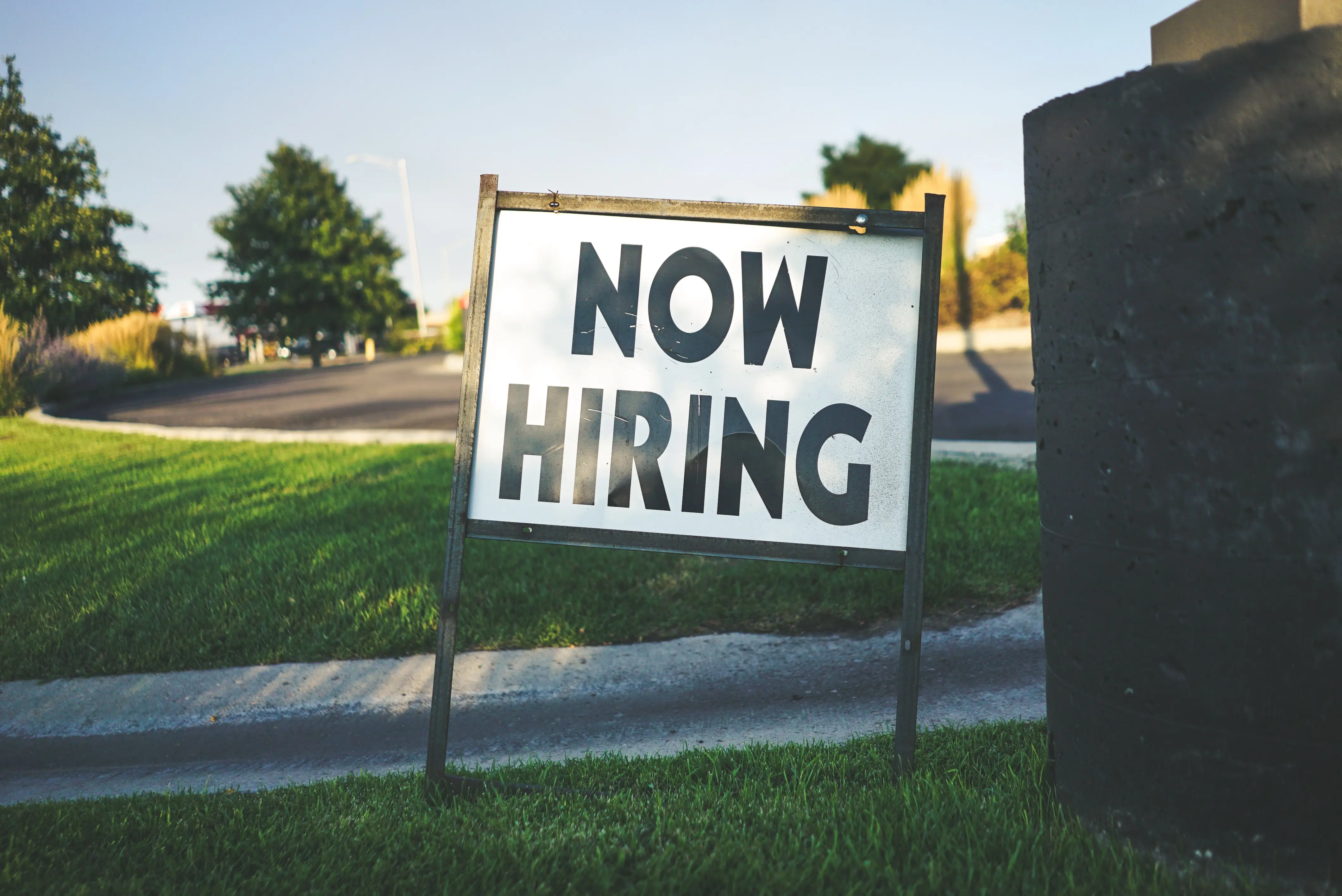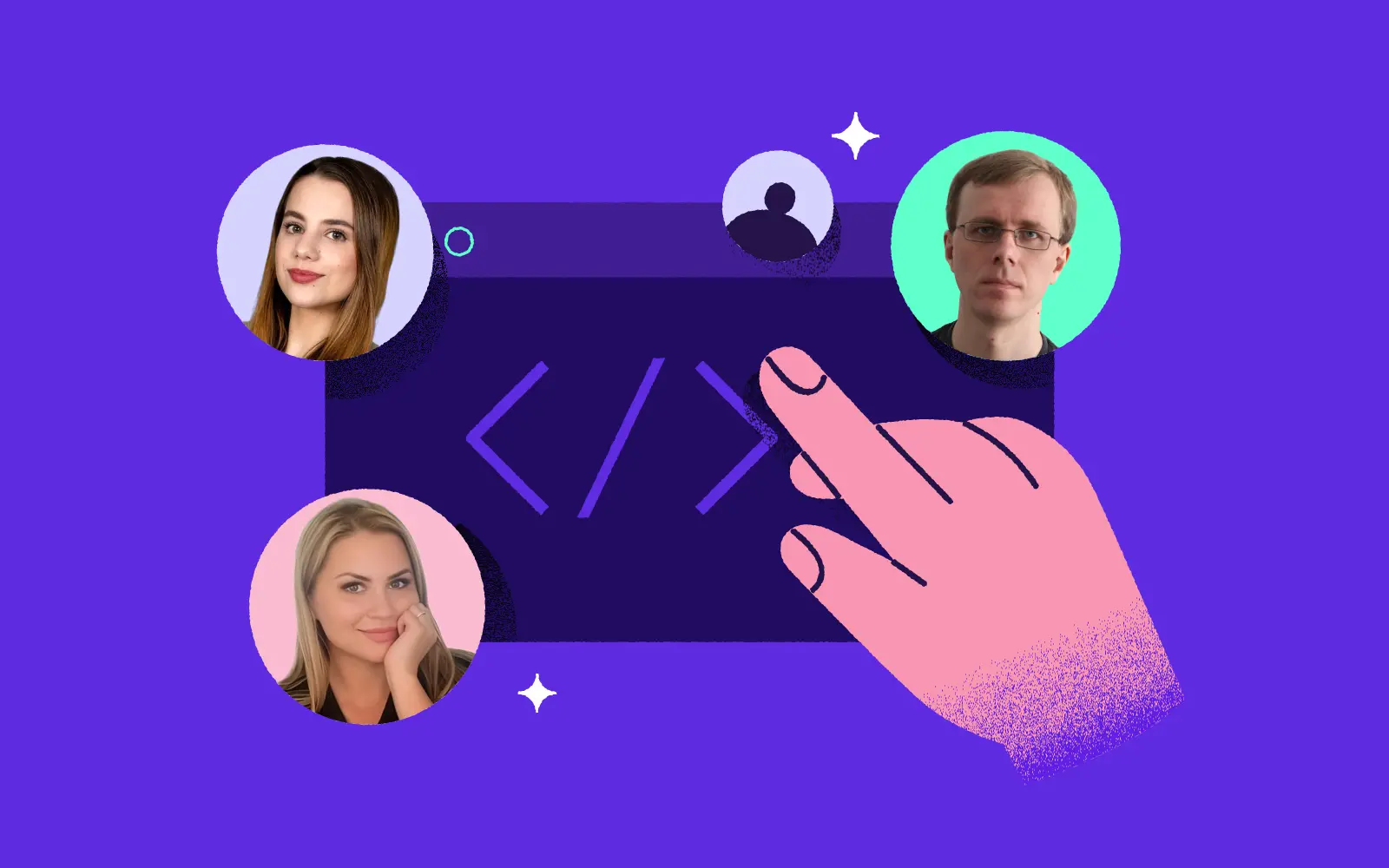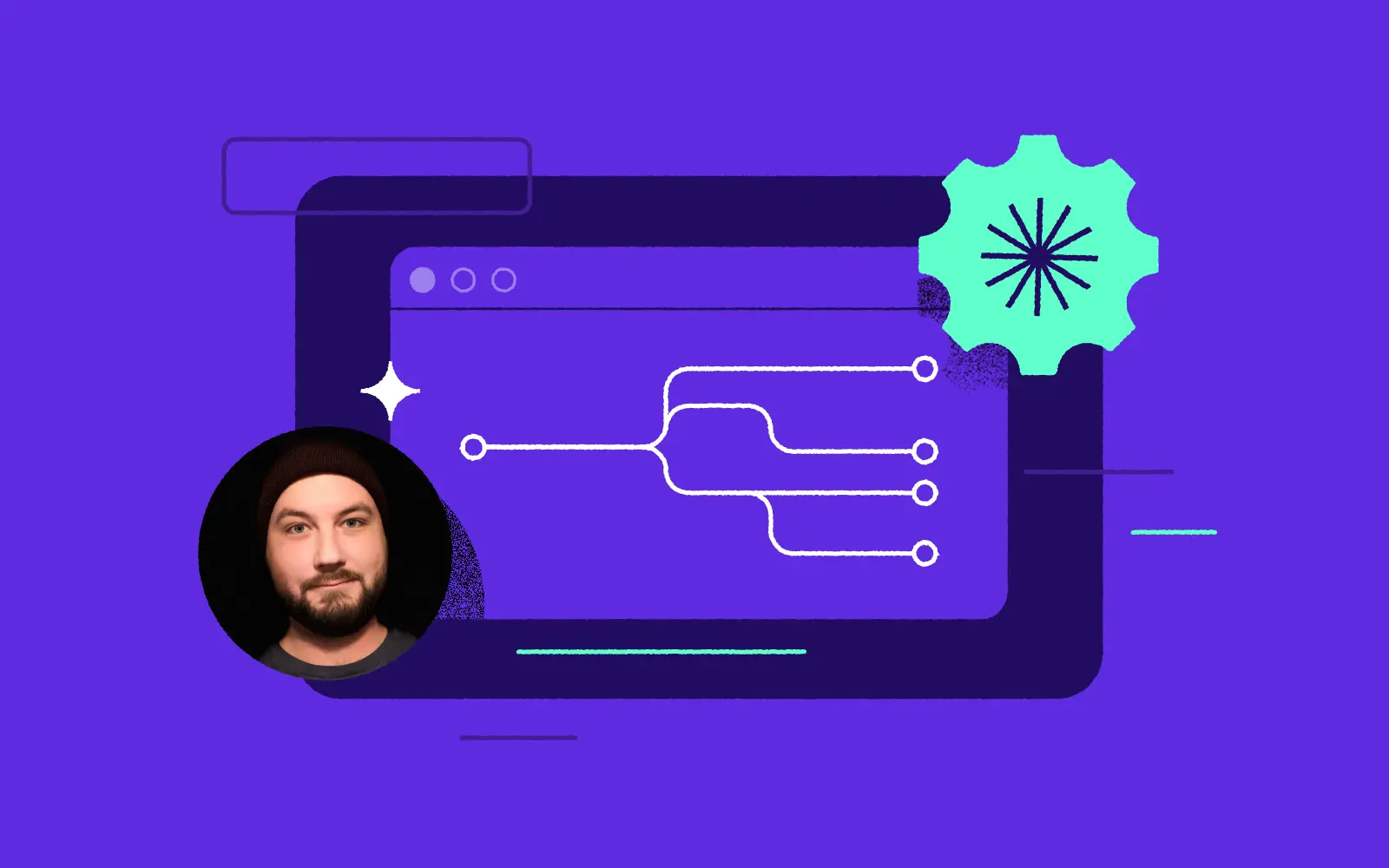How to succeed at the first stage of the recruitment process
07.10.2020 | 6 min read

You know and we know that interviews are not what they used to be. Long gone are the days when you would send in your CV, have an informal chat with your future boss and start work a week later. The interview process is becoming more rigorous, with several stages to test your skills and motivation. So it’s more important than ever before to make yourself stand out from the crowd.
Interesting fact: At 10Clouds, so far in 2020, we’ve had: 7451 applicants, 1133 going through to the first interview stage, and 43 new members of staff being hired.
To some of you, many of the tips that I give below will be things that you might be doing already, but I wanted to list them all here and give you my recruiter’s point of view, in the hope that it will help you succeed at that very first interview stage.

1. Do your research on the company
You will inevitably be asked for your motivations for wanting to join the company for which you’re applying. Take the time to thoroughly look through their website and social media profiles to get a good idea of:
- The services that they offer
- The types of clients that they’ve worked with in the past
- The projects that they’ve worked on
Recruiter’s perspective: Candidates who only have a vague idea of what the company does, or have only glanced at the website, definitely don’t create a good first impression.
2. Outline clearly why you’re the right candidate for the position
It’s another question that commonly comes up, so it’s best to plan for this in advance and to answer as specifically as possible. Be ready to talk about your skills and how they match the job description, and also mention any experience or projects that you’ve worked on, which are relevant to those skills. This is an important moment for the interviewer to see that you’ve carefully read the job description and are able to demonstrate how your skills relate to it.
Recruiter’s perspective: I come across candidates who really focus on how the company can help them to meet their career needs - i.e. training, learning new technologies etc. While all of this is important, at this stage I would really like to see how you can support our company to achieve our goals - it’s a two way relationship.
I come across candidates who really focus on how the company can help them to meet their career needs - i.e. training, learning new technologies etc. While all of this is important, at this stage I would really like to see how you can support our company to achieve our goals - it’s a two way relationship.
3. Talk about how the company will benefit from recruiting you
Continuing the point above, this is specifically about the solutions, processes, technological know-how and experience that you will bring to the business, related to the job description and beyond it.
Recruiter’s tip: Try to avoid talking about your qualities here, e.g. the fact that you’re ‘hard working.’ We want you to think about the types of challenges the company might be facing, and the solutions that you could offer.
4. Explain why you are looking for a new role and be honest
Here, the interviewer is looking for your motivation for leaving: Are you looking for a new challenge? Do you want to change industries? Have you recently been made redundant? Be honest, but at the same time remember that it’s never a good move to bad-mouth your old firm or boss. If there were issues, you can mention them, but try to leave emotion out of it.
Recruiter’s tip: If you’ve been made redundant, don’t be afraid to say so - in the current pandemic climate it’s something that is unfortunately becoming more common. Remember, this is not something that reflects badly on you as a candidate.
5. Be ready to talk through your responsibilities
When asked about your current responsibilities, be as specific as possible, and if you can, find parallels between what you currently do and the skills and responsibilities outlined in the job description. A common question that comes up is to describe your typical day, so be prepared for this too.
Recruiter’s tip: Give examples where possible to back up a particular point. When talking about development in a given technology, describe a recent product that you worked to help bring your skills to life during the interview.
6. Describe the biggest success of your career to date
Here, the recruiter would love to hear about a given project which you were involved with and which was particularly successful, a new technology that you learnt, or a piece of work that was really well received by a client or the end user. Be ready to talk about what constituted success, and if you have any data or figures to back this up, all the better.
Recruiter’s tip: If you don’t have an example, talk about what your goals are and what you’re working on to achieve them. Recruiters understand that for junior roles, career successes might be more difficult to pick out.
7. Talk honestly about your greatest strengths...and weaknesses
This is another series of questions which commonly comes up. Remember when talking about your qualities to make them as relevant as possible to the job that you’re applying for. If you’re asked to give three negative and three positive qualities, do give three for both, rather than just focussing on the positives and disregarding the second part of the question.
Recruiter’s tip: Many candidates are scared of talking about their greatest weaknesses and usually gloss over this question or answer it with a ‘false negative’ such as “I’m a perfectionist which I know sometimes can be a problem.” It’s important to be honest when answering this question, as it can help you to figure out whether the given position is actually right for you.
Many candidates are scared of talking about their greatest weaknesses and usually gloss over this question or answer it with a ‘false negative’ such as “I’m a perfectionist which I know sometimes can be a problem.” It’s important to be honest when answering this question, as it can help you to figure out whether the given position is actually right for you.
8. Be clear about how much you’re looking to earn and what type of contract you prefer
A common trend is emerging in this blog post - that honesty is the best policy. This also applies to questions relating to salary. It’s never a good idea to say: “I don’t know” or “I’ll leave it up to you.” Know your worth, and tell the recruiter exactly what your minimum rate is.
Note that if you work in a Sales role - there will be a base salary and a bonus, so be ready to ask what the average bonus payments in the company tend to be (monthly).
It’s a good idea to familiarize yourself with the different types of contracts that are available to you in Poland, before the interview takes place, so that you can be ready to ask any questions about these. The most common are Payroll (‘Umowa o Pracę’) and B2B, but there are others too - so be ready to ask the relevant questions about these.
Recruiter’s tip: Think about your minimum rate and your optimal rate, as most companies are willing to negotiate.
Summary
The first interview is a crucial stage in the recruitment process and a prime time in which to make yourself stand out from the competition. Don’t underestimate its importance and make sure that you prepare adequately. Remember that from the point of view of the recruiter, the key question is “Why should we hire you?” so be ready to answer this clearly and succinctly. Good luck with your next career move!



